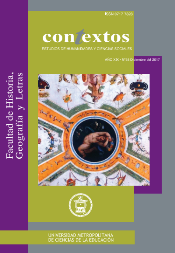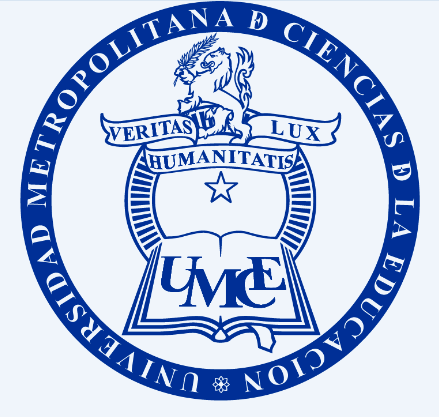Main Article Content
Dec 22, 2017
Abstract
Since the framework of the protagonists of the learning process with technology, an
analysis of perceptions and attitudes that have students and teachers around the work is done with tablets (mobile learning – m-learning) and, specifically, the use of resources such as Augmented Reality, Mobile Pedestrian Navigation, and Ubiquitous Learning. Through interviews performing with the respective coding and structuring the presentation, via graphical networks and word clouds, Information from the testimony of participating teachers and students is reflected in the educational experience, it is some of the elements common to emphasize: the possibility of duplicate the activity to other content from different disciplines and the incorporation of new technological resources for the development of educational activities.
Downloads
Policies for open access journals
Authors who publish here accept the following terms: Authors will keep their copyright and will guarantee the journal the right to the first publication of their work, which will be subject to the Licence of Creative Commons acknowledgement, which allows for the use of this material only if the authorship is credited and the original source is acknowledged (the journal’s URL), and if it is not used with commercial ends and with any derivations of the original work.
Authors may adopt other non-exclusive license agreements of distribution of the published version (e.g. to save it onto a digital institutional archive or publish it in a monographic volume) only if the initial publication of this journal is indicated.
It is permitted and recommended for authors to divulge their work on the Internet (e.g. institutional digital archives or webpage) before and during the submission process, which may lead to interesting exchanges and increase the citations of the publication. (See Open Access Effect).






